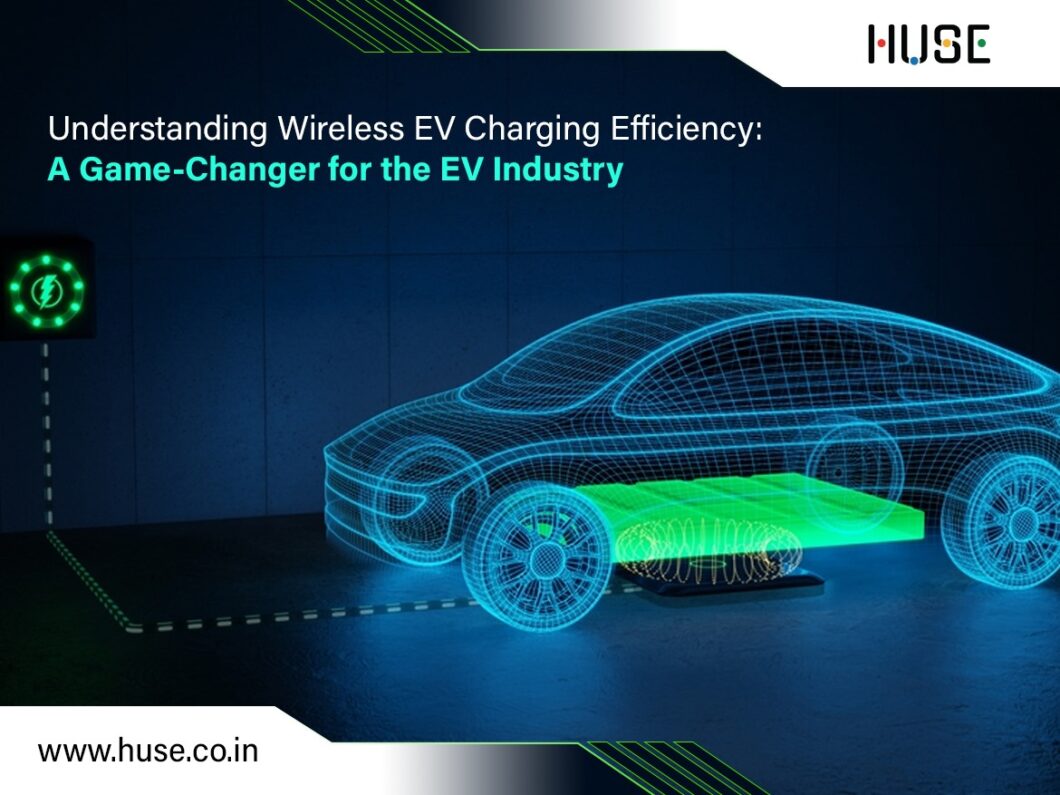Electric vehicles (EVs) are rapidly gaining market share, ramping up production, and capturing increasing mindshare among drivers and policymakers.
So far, EV drivers have mostly relied on wired cable-based charging to juice up their car batteries.
However, with charging technology advancing steadily, a wireless EV charging method is already available that’s far more convenient, efficient, cost-effective, and appealing for drivers and fleet operators.
The efficiency attributable to wireless system is becoming a critical factor in the transition to this new technology.
In this blog, we’ll discuss the many developments associated with wireless charging in electric vehicles, including its benefits, impact, and the way forward.
The Key Benefits of Wireless EV Charging
Although EV adoption is on the rise, two barriers make buyers hesitant to invest in EVs: reliability and the availability of charging stations.
Potential EV owners have been deterred by the need to find charging stations (which are difficult to come by), plug-in, and wait for an extended period.
One key advantage of wireless EV charging is the elimination of physical connectors. Where traditional charging requires a plug-in connection, wireless charging works on the principle of electromagnetic induction. Therefore, less mechanical components like charging cables are involved, which are susceptible to wear and tear over time.
Another advantage of wireless EV charging station is their convenience. You only need to park your car in a designated charging space, and charging will initiate automatically.
More than anything, it’s safe. The charging is weatherproof, so there’s no possibility of electrocution during rain. You don’t need cables, so there’s no tripping hazard to worry about.
Also, as wireless charging becomes an increasingly important part of our infrastructure, we’ll see cars without a wired charging port—something that will improve ergonomics, aesthetics, and aerodynamics. It will also reduce maintenance costs associated with the upkeep of the ports.
Lastly, keeping the future in sight, wireless EV charging also makes the perfect case for autonomous vehicles. The car could park itself over a charging pad without the driver’s intervention.
This functionality has some very positive implications for autonomous logistics as well.
Also Read: Exploring Various Wireless Charging Methods For EVs
Impact of Wireless EV Charging
Experts believe that wireless charging for electric vehicles is easy to scale up in terms of adoption and infrastructure and could have a bigger impact on the EV market across many areas, including:
- Reducing Range Anxiety: The ability to charge conveniently whenever parked—whether at home, office or in public—can help alleviate EV owners’ anxiety about range limitations.
- Expanding Charging Infrastructure: Since they integrate seamlessly with the urban infrastructure, planners can build large networks of wireless charging spots seemingly everywhere, including parking lots, urban roads, and even highways, providing on-the-move charging for EV owners.
- Smoother Home Charging: The majority of EV charging takes place overnight. With wireless EV charging, this can become a simple, hassle-free process, as you just have to park over built-in garage pads without having to connect and disconnect cables daily.
- Enhanced Fleet Operations: Wireless EV charging station hubs with multiple number of charging pads can rapidly charge entire EV fleets at taxi stands and logistics hubs, thereby significantly enhancing the wireless EV charging efficiency and large-scale operations.
The Road Ahead
While the potential is immense, the higher costs associated with implementing the technology, the limits on over-the-air power transfer, the lack of unified standards, and infrastructure gaps are slowing down the incorporation of the technology.
But given the convenience attached to it, it’s not far-fetched to say that these challenges are nothing but momentary. With higher EV adoption, the infrastructure reach, economics, and power delivery standards of wireless EV charging will undoubtedly change for the better.
We at Huse HQ are leading this revolution with our state-of-the-art technology for wireless charging for electric vehicles, designed to integrate seamlessly, deliver efficiently, connect smartly, and operate sustainably. Get in touch with us if you wish to know more about our wireless EV charging technologies.


